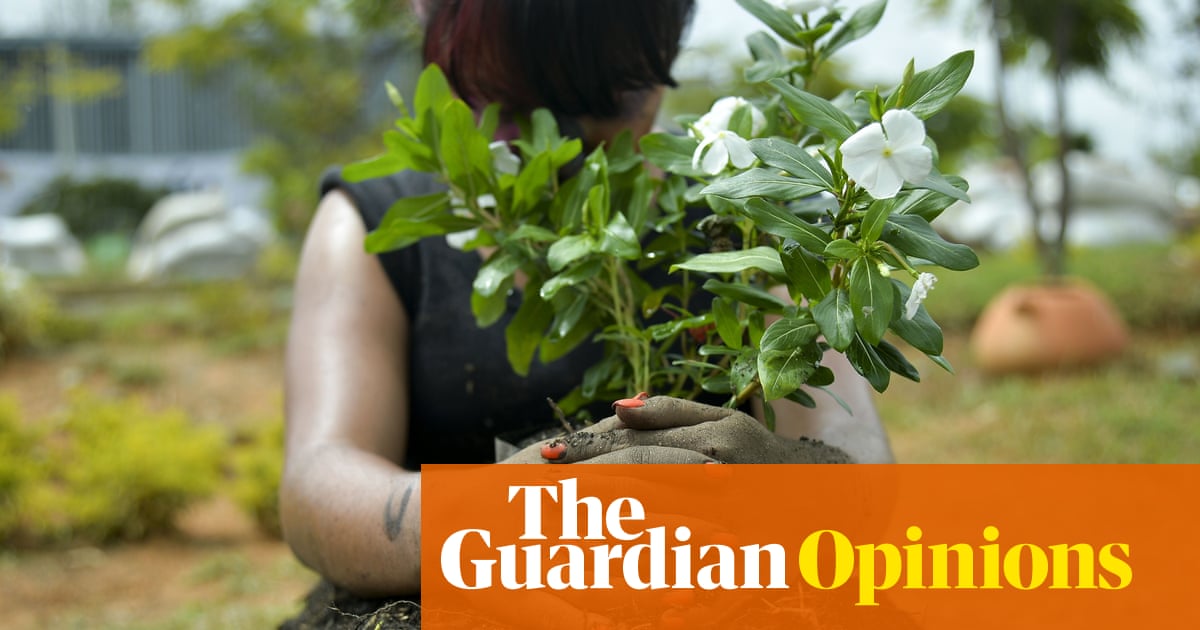
Across the world, women and girls continue to be plagued by gross human rights violations. One that is specifically targeted at them is conflict-related sexual violence. Living in conflict, for so many people, means the possibility of being subjected to life-altering crimes such as sexual torture, rape and slavery.
Now, survivors of wartime sexual violations in Ukraine are to receive reparation payments. It is a landmark case – the fastest that a country at war has created a system to fulfil the right to reparation. Why has this right not been enacted in a timely manner globally?
In my work, we discuss the “ecosystem” for reparation. We think of it as a list of ingredients that make reparation feasible; Ukraine is the first time I have seen all of the ingredients present.
The first ingredient is the government’s willingness to talk about reparations. It recognises that conflict-related sexual violence is happening, and it is the government’s obligation to fulfil the right to a remedy and reparation – even if it is Russian soldiers committing the crimes.
Ukraine also obeys the rule of law and possesses strong state institutions. The checks and balances within these institutions enables government-led reparation programmes.
The opposite can be seen in Central African Republic, where there is willingness to provide reparation but the rule of law and state institutions are fragile and often absent across the country, making it difficult to do so.
It also pays to have powerful friends. The scrutiny of other European countries and the US on Ukraine has placed pressure on Kyiv to act on human rights violations committed in its territory. And this pressure is combined with financial support and knowhow for delivering reparations.
The same international pressure is not placed upon Nepal, which signed a comprehensive peace agreement in 2006 containing the promise of reparations. Almost 20 years later, no survivor has seen any reparations. Imagine how different the situation could be if other countries had a strategic interest in repairing the harm done to Nepali survivors.
Along with democracy and a recognition of human rights, security is crucial for local media and civil society to exist. Yes, Ukraine is in an active armed conflict. But there are areas of the country where it is possible to work, and civil society and the media are strong.
after newsletter promotion
Yemen has also been in conflict since 2014, but there is no safe place for media and civil society to operate, and little prospect of reparations. These actors are needed to push the government domestically.
The need for female leaders to pursue reparations cannot be understated. From the Ukrainian first lady, Olena Zelenska, and other women in government to survivors themselves, it is women who have put conflict-related sexual violence on the Ukrainian government’s agenda.
Survivors talking about their suffering is a powerful ingredient of reparations. But speaking out is terrifying – more than 30 years after the war in El Salvador, survivors there have still not come together to demand reparations.
Finally, reparations require money. There are ways to finance reparations in Ukraine, whether from international donors, as is the situation now, or from innovative financing mechanisms, such as the possibility of repurposing seized Russian assets.
In my own country of Colombia, 9 million people are eligible for reparations after six decades of conflict. While 1 million have received something, the remaining measures still come with an estimated bill of 300bn Colombian pesos (£60m), an overwhelming amount for the Colombian government. In Ukraine the reparations could be paid in full using the frozen funds from the sale of Chelsea FC.
These ingredients are not magic; they take work and need to be sustained. And even in the most adverse contexts, where none of these ingredients are present, a survivor is still entitled to reparation.
This is the situation of survivors from Syria. They have no democratic government, no rule of law, no security, no attention and no resources. And yet Syrian survivors living in Turkey are receiving psychological care, physiotherapy and compensation from the Global Survivors Fund and local partners as interim remedies. It is not reparation in the legal sense, but it is the reclamation of the survivors’ dignity and the recognition of their humanity.
Repair is possible when people care about it. The staff of the Global Survivors Fund care, the organisations we work with locally care, donors care, and survivors care about each other. Caring is the first ingredient to overcome challenges.
Dr Clara Sandoval is a Colombian-born director of programmes at the Global Survivors Fund and professor of human rights law at Essex University and the Geneva Academy